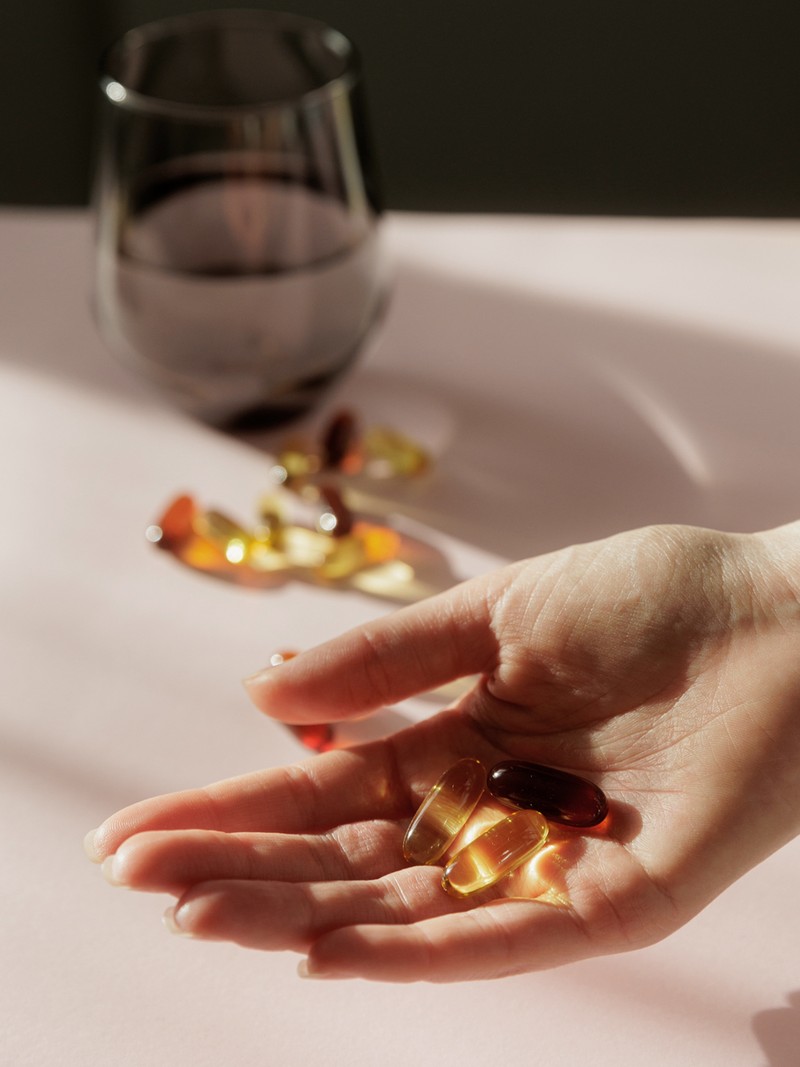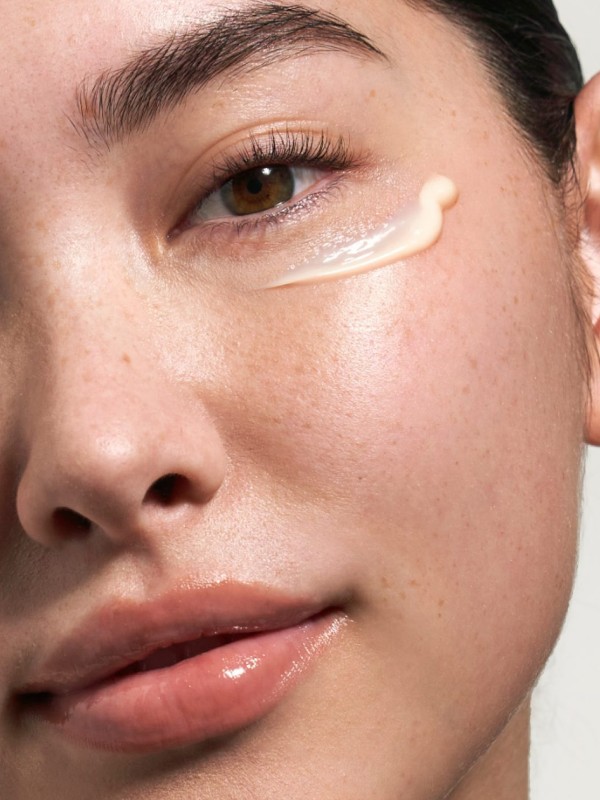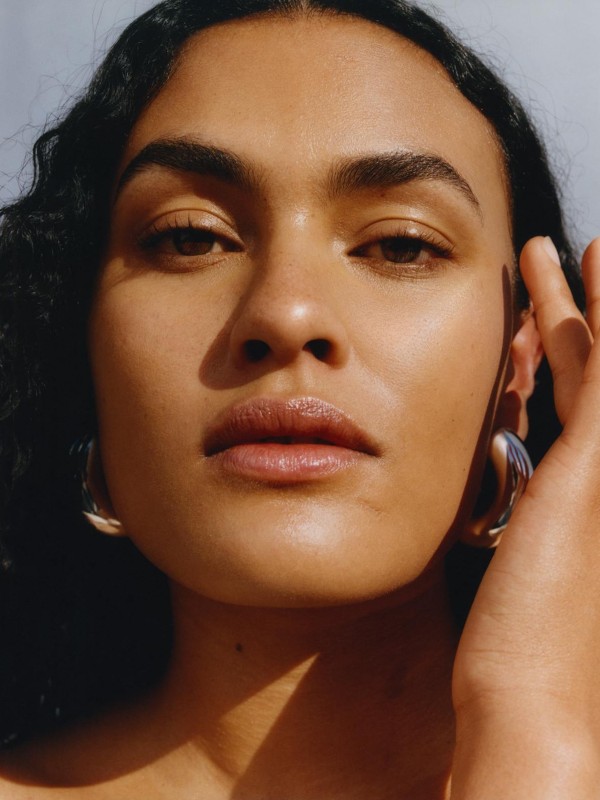
The Antioxidant You Might Be Missing Out On
What is CoQ10?
“CoQ10, or Coenzyme Q10, is a powerful antioxidant that acts like your body’s natural energy generator. It plays a key role in the mitochondria, often referred to as the powerhouses of your cells, where they produce energy that keeps your heart, muscles and other tissues functioning smoothly. CoQ10 is like a little spark plug – essential for converting food into fuel and thereby keeping you energised and healthy.” – GQ Jordan, nutritionist
“It’s a coenzyme that is produced naturally in the body and found in every cell and tissue. It’s involved in a number of biological functions: as well as the production of energy, it helps neutralise free radicals that could otherwise cause damage to cells and tissue.” Aliza Marogy, clinical nutritionist & founder of Inessa
Why is it important?
“CoQ10 supports enzymes in the body in their various biochemical functions. It plays a crucial role in our energy levels by helping our mitochondria to generate energy from our food. It’s also a key antioxidant that helps protect our cells from damage caused by harmful free radicals and helps recycle other antioxidants, including vitamins C and E. CoQ10 is required in abundance in cells with high energy requirements such as the heart. Cardiac cells are extremely sensitive to a deficiency in CoQ10, and it is well established that having optimal levels is important for general cardiovascular health. It also plays a role in fertility in both men and women, as well as being important to healthy ageing.” – Aliza
Why do we need to supplement it if it occurs naturally?
“Your body does produce CoQ10 naturally, but levels decline as we age – especially after 40. Medications like statins (for lowering cholesterol) also deplete CoQ10. Statins are widely prescribed, so many people may not realise they need to replenish their CoQ10 to maintain energy and reduce common side effects like muscle pain. Some people also have genetic variations that make it harder for their bodies to produce enough CoQ10. DNA testing can reveal whether you’re one of these people.” – GQ
How often should we aim to consume it?
“A daily dose is ideal, especially for anyone over 40 or those taking medications that lower CoQ10 levels. Most people benefit from 100 to 200 mg per day, but some might need more depending on their health situation. Since CoQ10 is fat soluble, it’s best taken with a meal that contains healthy fats to help your body absorb it.” – GQ
How do I know if I’m lacking in CoQ10?
“It’s tricky to know if a symptom is due to insufficient CoQ10 or related to something else, as the common indications could easily be attributed to another nutrient deficiency or condition, such as hypothyroidism. Generally feeling low in energy and fatigued, having poor concentration and memory, or experiencing muscle aches with slow recovery after exercise are common symptoms.” – Aliza
Is anyone more disposed to be deficient?
“Anyone with health conditions like heart disease, diabetes or chronic fatigue is more likely to need CoQ10. For anyone looking to support their fertility, CoQ10 supplementation can be particularly beneficial for supporting egg and sperm health.” – GQ
What’s the best way to increase levels?
“You can find small amounts of CoQ10 in foods like oily fish (salmon, mackerel, sardines, herring and salmon), organ meats (liver, kidney), and whole grains, but it’s hard to get enough from diet alone. For most people, supplements are the easiest and most effective way to increase levels consistently, especially if you have higher needs.” – GQ
Can you consume too much?
“CoQ10 is generally safe, but very high doses can sometimes cause mild side effects like nausea or digestive discomfort. It’s important to note that higher doses (above 300 mg) may raise blood pressure or blood sugar. Studies have shown that CoQ10 follows a U-shaped curve : moderate doses offer the most benefit, while too much can have the opposite effect. That’s why it’s best to start with a lower dose and gradually increase it to find what works best for you.” – GQ
Anyone who shouldn’t take it?
‘People on blood thinners (like warfarin) or undergoing chemotherapy should check with their doctor before taking CoQ10, as it can interact with these treatments. Pregnant or breastfeeding women should also consult a healthcare provider before starting CoQ10.” – GQ
What are the long-term benefits of taking CoQ10?
“Supplementation with CoQ10 can be beneficial for those using cholesterol-lowering statin medication, as side effects associated with the decrease in the body’s own production of CoQ10 include muscle weakness and pain, fatigue and an increased risk of cardiovascular disease. The antioxidant properties and vasodilatory effects of CoQ10 have been shown to help prevent and treat heart conditions. It can reduce the oxidation of LDL cholesterol and slow the progression of atherosclerosis. Given the importance of CoQ10 to mitochondrial function, sufferers of long Covid or post-viral fatigue may wish to consider supplementation as part of their recovery protocol. Studies on CoQ10 have shown neuroprotective qualities, as it may help reduce oxidative damage to the brain.” – Aliza
Is there any other vitamin or mineral supplement that will enhance the body’s own production of CoQ10?
“Vitamins like B6, B12 and niacin all play a role in CoQ10 production. Other antioxidants like vitamin E and selenium work alongside CoQ10 to protect cells from damage. Supporting your body’s energy metabolism with these nutrients will help you get the most out of your CoQ10. A balanced diet should tick all of these off, but working alongside a nutritionist is always advised to see if further tweaks or supplements are needed for your unique situation.” – GQ
Visit GQJORDANNUTRITION.COM, INESSAWELLNESS.COM & follow @ALIZA_MAROGY
DISCLAIMER: We endeavour to always credit the correct original source of every image we use. If you think a credit may be incorrect, please contact us at info@sheerluxe.com.





